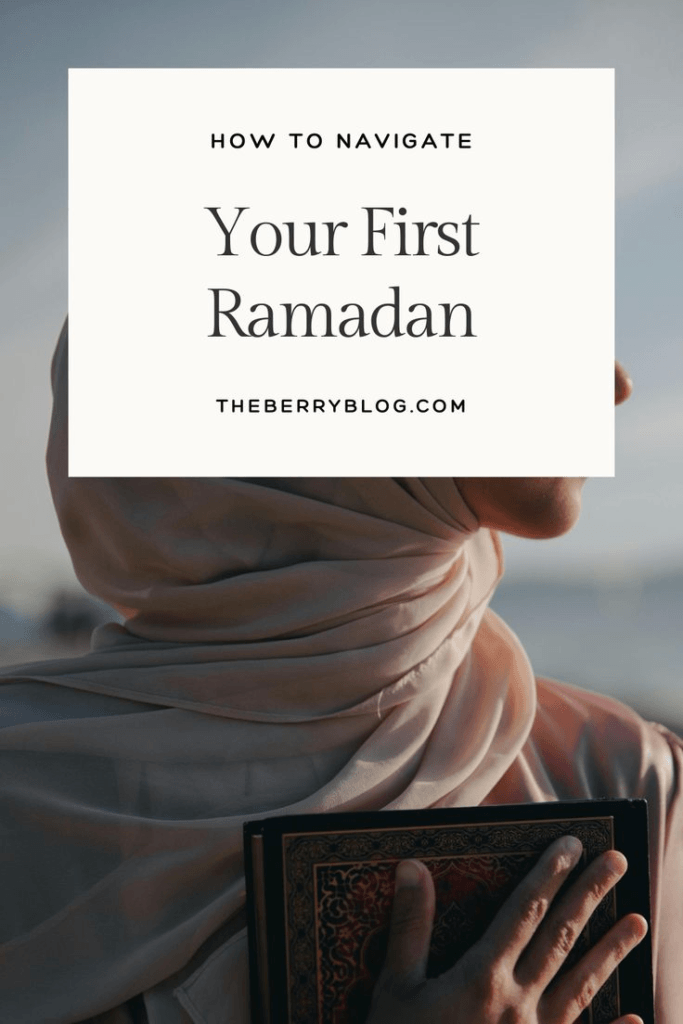
Growing up as a New Zealand-born South Asian Muslim woman, Ramadan has always been a unique experience. Unlike in South Asian countries, where the entire environment shifts to accommodate fasting, living in a non-Muslim majority country means navigating Ramadan in a society where daily life continues as usual—restaurants remain open, work and school schedules don’t adjust, and fasting is often misunderstood.
My family is from Fiji, but since I was born and raised in New Zealand, I don’t know exactly how Ramadan and Eid were traditionally celebrated there. Instead, my experiences have been shaped by the New Zealand Muslim community and the traditions we’ve built within our home.
1. Growing Up: When Ramadan Was “Just Not Eating and Drinking”
Back when I was younger, Ramadan wasn’t widely recognized in New Zealand. At school, teachers and classmates would see it as nothing more than a month where I skipped lunch. The deeper meaning—spiritual reflection, community, self-discipline, and gratitude—was never part of the conversation.
🥪 “Not even water?” became a question I heard every Ramadan.
😟 “That sounds so hard! How do you survive?” was the usual reaction.
For the longest time, Ramadan felt like a private journey—something I observed at home but rarely spoke about outside my family. There were no public acknowledgments, school accommodations, or community iftar events.
2. The Turning Point: Increased Awareness After the Christchurch Mosque Attacks
Everything changed on March 15, 2019—the day of the Christchurch mosque attacks. It was a moment of tragedy, grief, and reckoning for New Zealand, but it also brought a new level of awareness and solidarity.
For the first time, Ramadan and Eid were recognized on a larger scale. Schools and workplaces started making efforts to accommodate fasting students and employees. There were public discussions about Islam, and non-Muslims became more aware of Ramadan’s significance beyond just fasting.
The warmth and support from non-Muslim friends, colleagues, and even strangers after the attacks created a new sense of belonging—something I had never felt before during Ramadan.
3. How I Observe Ramadan in New Zealand
Unlike in South Asian countries, where mosques are central to Ramadan life, my experience has always been more home-centered.
📻 Listening to the call to prayer on the radio—since there’s no public adhan in New Zealand, this is how I mark prayer times.
🕌 Praying my Taraweeh prayers at home—instead of attending mosque-led prayers, I perform them in my own space.
🍽️ Having iftar with my family at home—without the large community iftars common in Muslim-majority countries.
This home-based experience has made Ramadan feel more intimate and personal, but at times, I do wish for the communal atmosphere that exists in other parts of the world.
4. Balancing Faith, Culture, and a Non-Muslim Environment
At Work & University: Navigating Fasting & Productivity
Unlike in South Asian countries, where work slows down during Ramadan, here in New Zealand, everything runs at full speed. There are no shorter work hours, no iftar breaks, and no adjustments for energy dips.
📌 The Challenges:
- Meetings scheduled at iftar time—forcing me to break my fast with a sip of water between work discussions.
- Explaining Ramadan to colleagues—many still assume fasting is only about food, rather than a spiritual practice.
- Juggling deadlines with fatigue—without the communal encouragement that exists in Muslim-majority countries.
📌 How I Manage It Now:
✔ Requesting flexibility in work/study schedules when possible.
✔ Bringing my own iftar snacks so I’m not stuck working hungry.
✔ Using Ramadan as an opportunity for self-discipline—seeing it as a test of patience and perseverance.
5. Eid in New Zealand: A Celebration That Feels Both Familiar and Different
Eid in New Zealand is not a public holiday, so growing up, I often had to take the day off from school or work. While my family still follows traditions like dressing up, going for Eid prayers, and having a feast, the festive atmosphere is missing in the wider environment.
📌 What’s Different About Eid Here:
- No national celebrations—unlike Muslim-majority countries where Eid transforms the streets.
- Gifting instead of Eidi—since many people don’t carry cash, we often exchange small thoughtful gifts instead.
- Eid brunches at work—some companies now acknowledge Eid by organizing small gatherings for Muslim employees.
6. What I’ve Learned from Celebrating Ramadan in a Non-Muslim Country
✨ Resilience & Self-Motivation: Without an entire culture fasting alongside me, I’ve learned to find my own discipline and spiritual fulfillment.
✨ Representation & Advocacy Matter: It’s important to speak up about Ramadan and religious accommodations—whether in workplaces, universities, or social settings.
✨ Community Can Be Created Anywhere: Even in a non-Muslim country, we can find and build our own support networks—whether through mosques, online communities, or simply sharing Ramadan with friends of all backgrounds.
✨ Ramadan Is More Than Just Fasting: While fasting is a core part of it, Ramadan has taught me about patience, gratitude, and the importance of inner peace—values that remain meaningful no matter where I live.
Final Thoughts
Ramadan as a New Zealand-born South Asian Muslim woman has been a journey of adaptation, resilience, and growth. While I sometimes long for the communal atmosphere of Muslim-majority countries, I’ve come to appreciate the unique beauty of celebrating Ramadan in a diverse, multicultural environment.
And with each passing year, as more people become aware of Ramadan, as more workplaces and schools acknowledge it, and as more spaces open up for South Asian Muslim women to share their experiences—Ramadan here in New Zealand starts to feel a little less lonely and a lot more meaningful.
No Responses